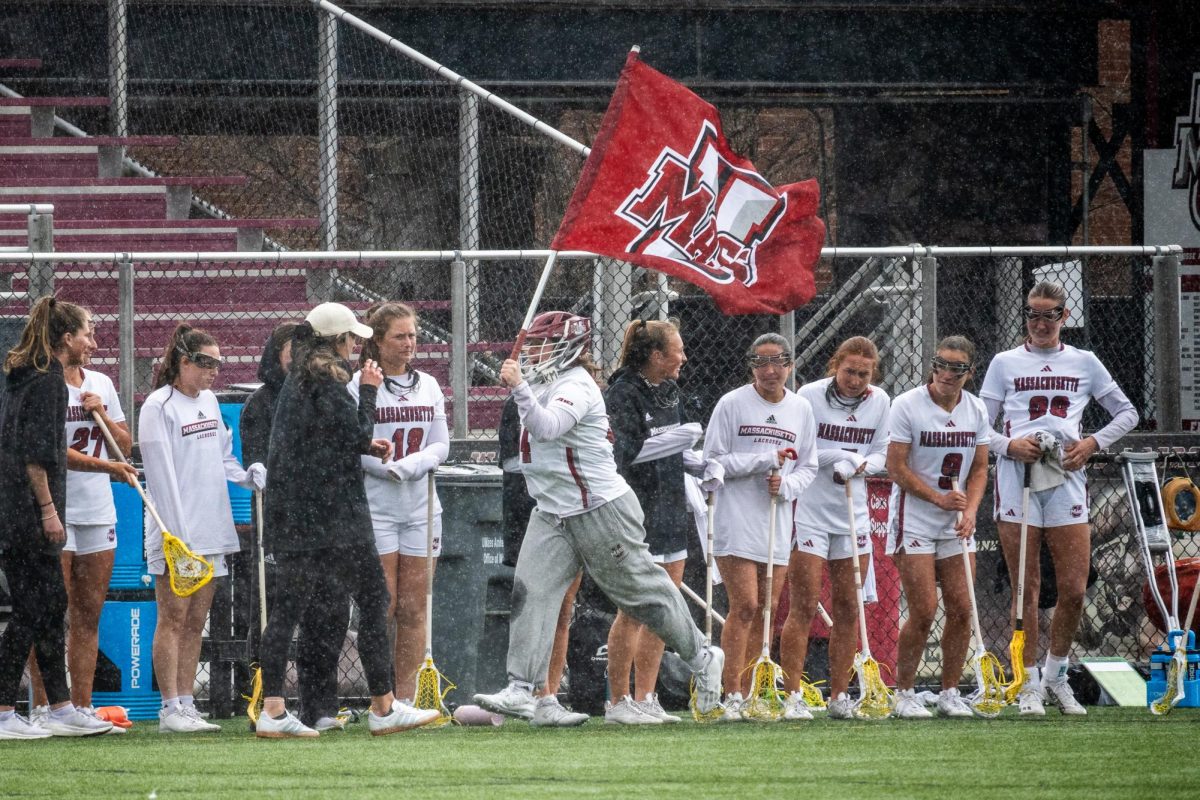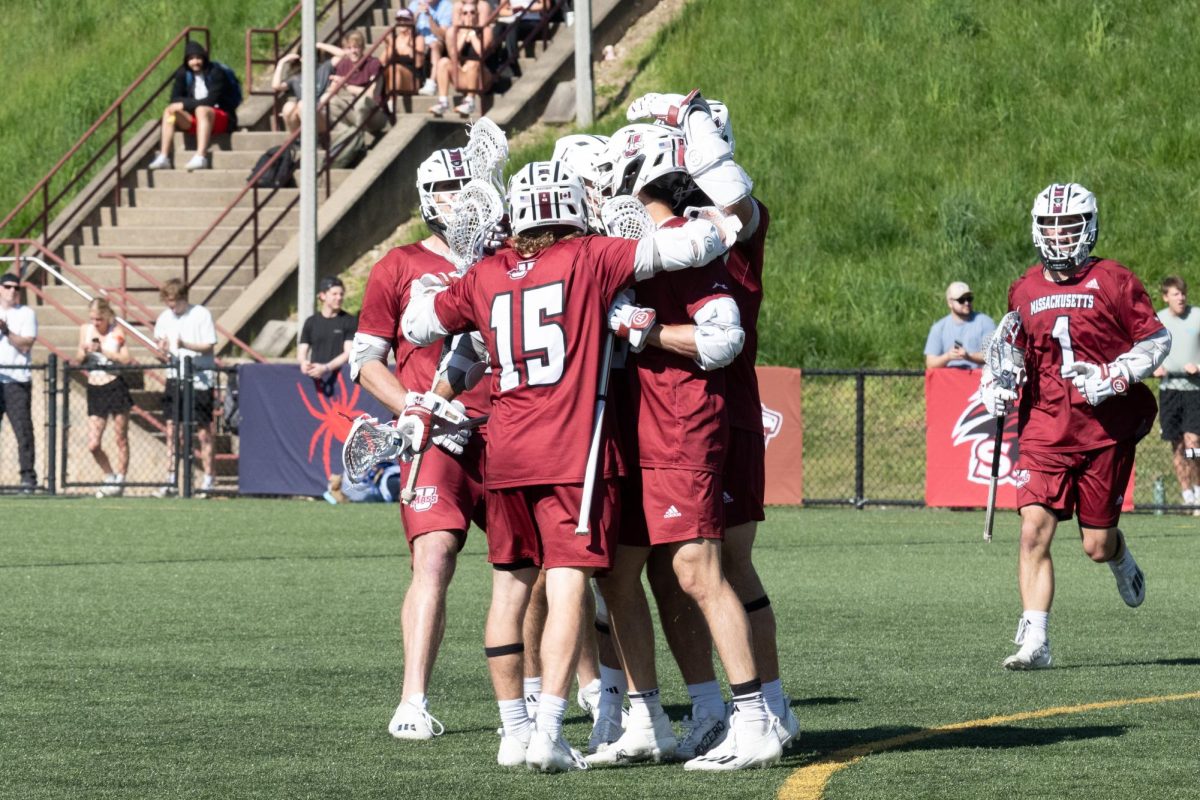
The lecture, entitled “The Crisis Facing Constitutional Politics,” focused on obstacles that occur within our government today: representation in Congress, paralysis of the Senate, the use and abuse of filibusters, and the general toxicity within the American political sphere.
The central question that Robinson focused on was if it is possible to form a government that is both democratic and constitutional, both liberal and conservative – one that attempts to better the human condition at the same time.
The lecture series centers on the theory and practice of American constitutionalism and constitutional law, and invites prominent scholars, jurists and commentators to campus. The series is a tribute to Dean Alfange, Jr., a professor of political science. Robinson, a resident of Ashfield, Mass. and author of seven books, expressed that it was a great honor and privilege to speak at the event.
Robinson opened his speech addressing the idea that Americans are particularly bad at political craftsmanship. He explained that, for years, Americans have been unable to create a useful democratic sphere in the Western world and that political leaders, regardless of how great they may have been, have struggled to apply useful efforts.
The professor explained that, in order to fix the current situation for Americans today, they must analyze the political situation. Political activity within a stable regime requires the implementation of stable leaders.
“A political leader must inevitably be engaged in passions,” Robinson said. “He must master these passions and aim it a greater ends.”
A large portion of the conversation reflected on the fact that the U.S. government does not work because politics creates huge deficits, which constitute 10 percent of the annual Gross National Product. These deficits also contribute to the $3 trillion worth of national debt each year.
“To cut spending is unrealistic,” Robinson said. “Neither party shows a willingness to get spending under control. Each side has a lot of people working to make sure the other side doesn’t gain control.”
Part of the discussion focused on the structures that create problems within government. According to Robinson, the Senate prevents things from getting done. Much of the debate that arose during Robinson’s talk had to do with the use and abuse of the filibuster. As a Senate rule, the filibuster has contributed to a stalemate in getting legislation passed. While the filibuster can perform useful jobs and prevent irrational, ruthless decisions, according to Robinson, the modern day Senate uses the filibuster to block appointments.
“The framers believed that appointment power should be in one place,” Robinson said.
“When the filibuster is used to obstruct government, then it is dysfunctional,” said UMass political science professor Sheldon Goldman. “But it is an all or nothing matter. It is very difficult to mount a filibuster; it is hard to stand for 60 hours and talk.” Goldman also believed that in order to correct the problem with filibusters, the government must make it even harder to mount one.
Robinson further went on to explain that the War Powers Act also serves as a hinderance to progress. He argued that the war should not be left for one person to lead a nation into and the last few conflicts have not been initiated by Congress, as the framers intended. Robinson said that Americans must revert back to the framer’s intentions, and the reason why Congress is hesitant to restore power is because a lack of monetary incentive. .
Many students who attended the lecture appreciated what Robinson had to say.
“As a young, politically active person, I realize that the system has its faults,” said sophomore Nate Richardson. “It’s encouraging that an older political scientist recognizes that and lays out what we should do as a younger generation.”
“Now more than ever, as a younger generation, we must do something to fix the situation,” sophomore Matt Bonaccorsi said. “The paralysis applies to the way that young people view the government. We think that we’re too far deep into the situation that we can’t get ourselves out. So it was nice to see that someone wants us to use the tools we have to fix it during our lifetime.”
Robinson concluded his lecture by advising young political scientists to “recognize crises and be bold about fixing them.”
“Don’t be timid.”.
Ashley Berger can be reached at [email protected].






